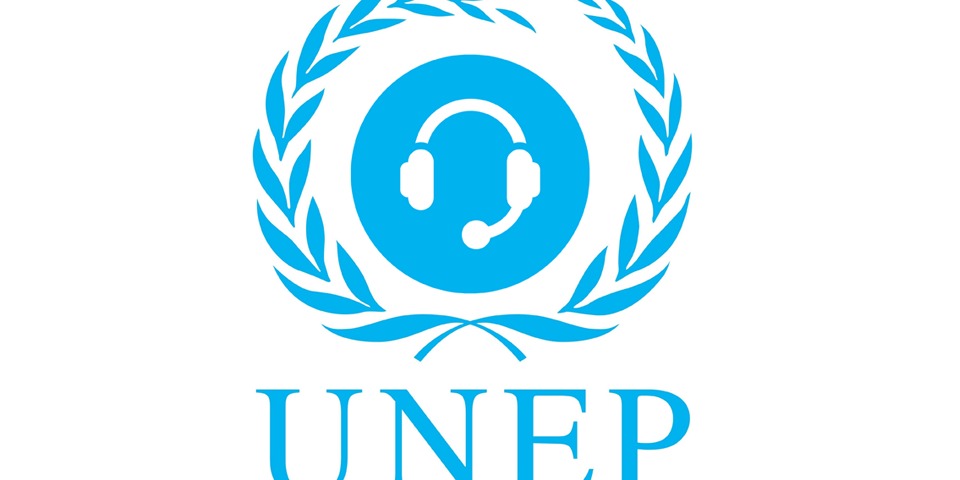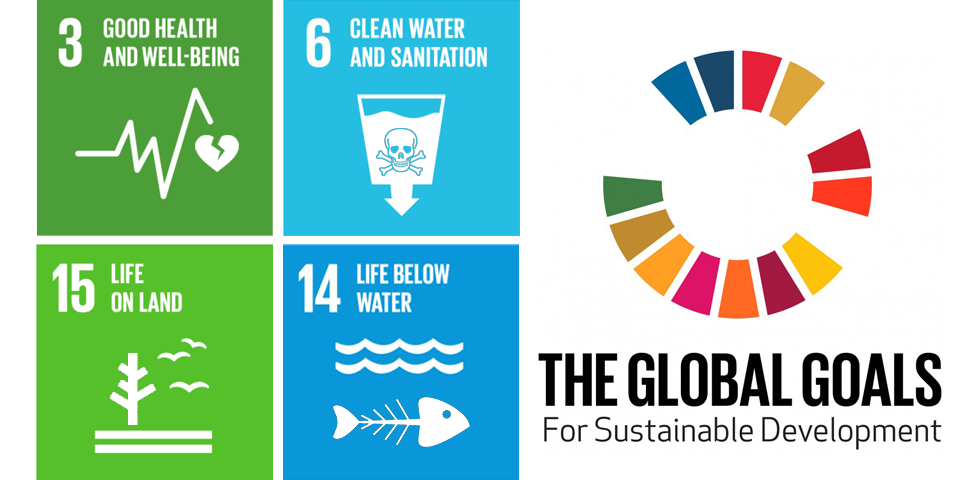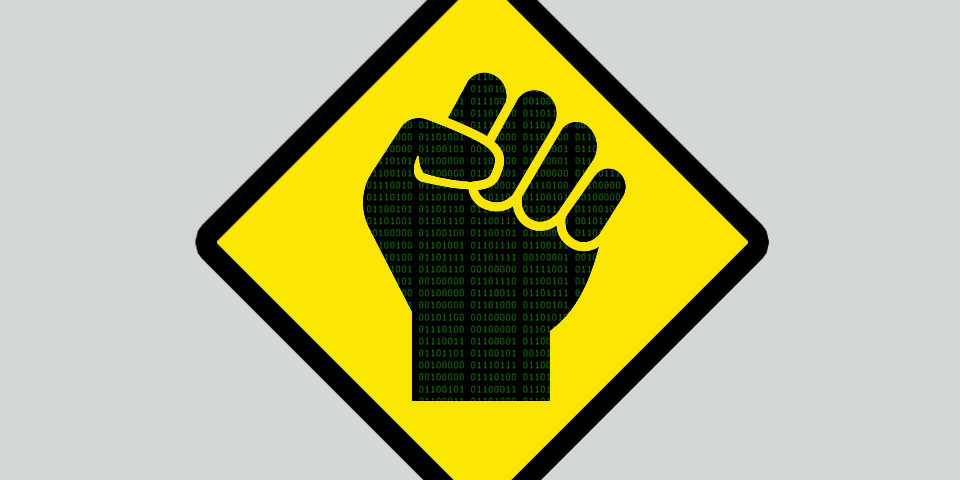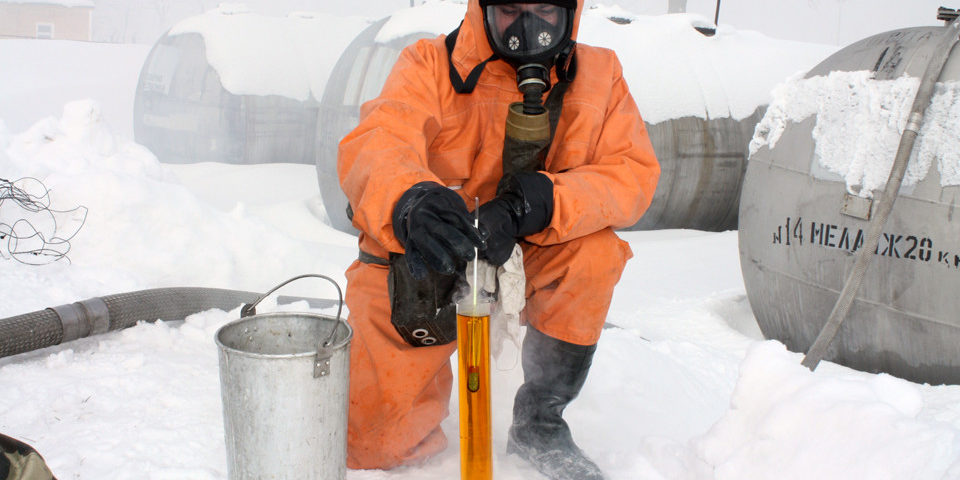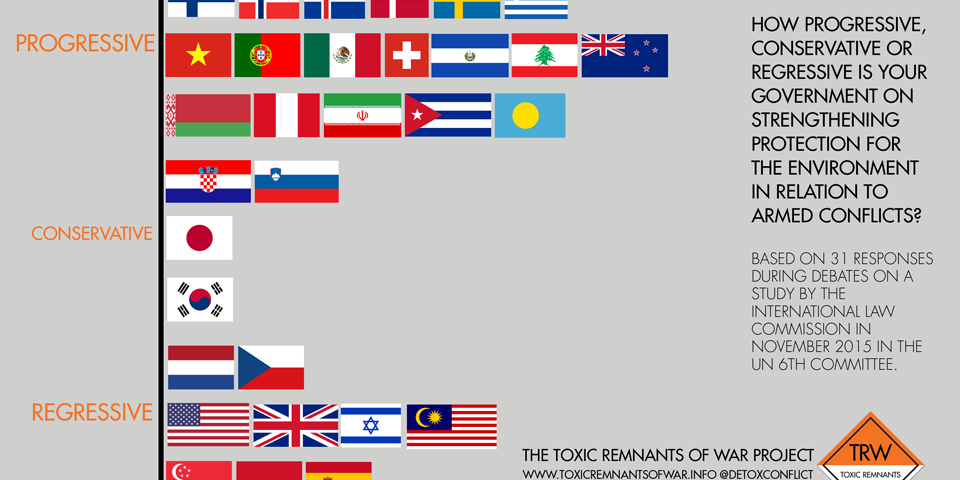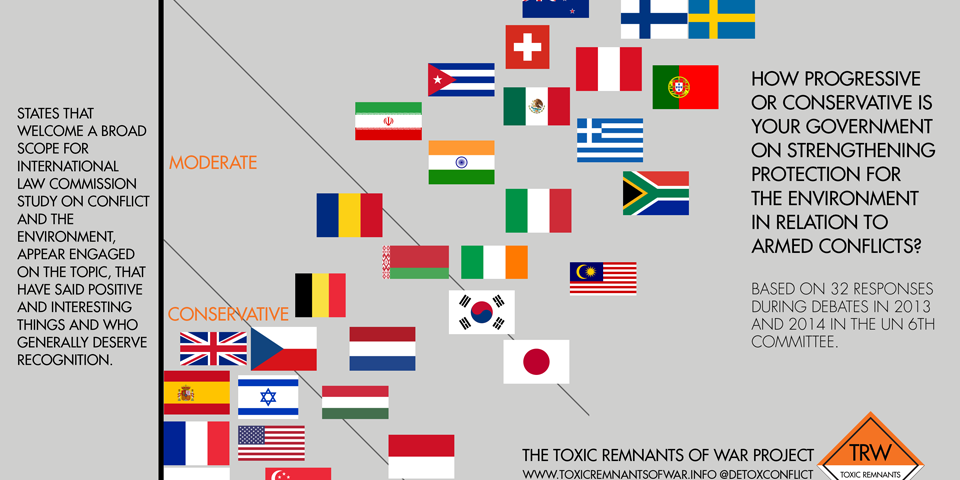Conflicting views surface on UNEP’s work on armed conflicts ahead of UNEA-2
Three resolutions on conflicts have been tabled ahead of the second meeting of the UN Environment Assembly but the negotiations so far have revealed major differences in opinion between states on the role of UN Environment.

